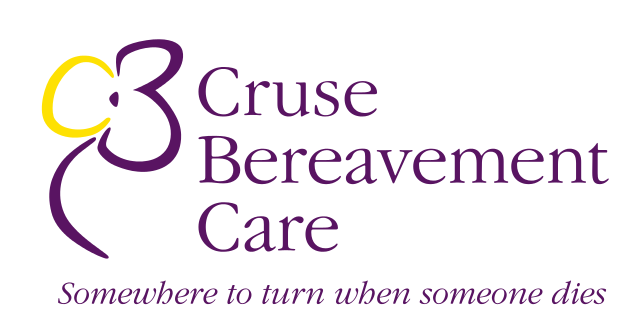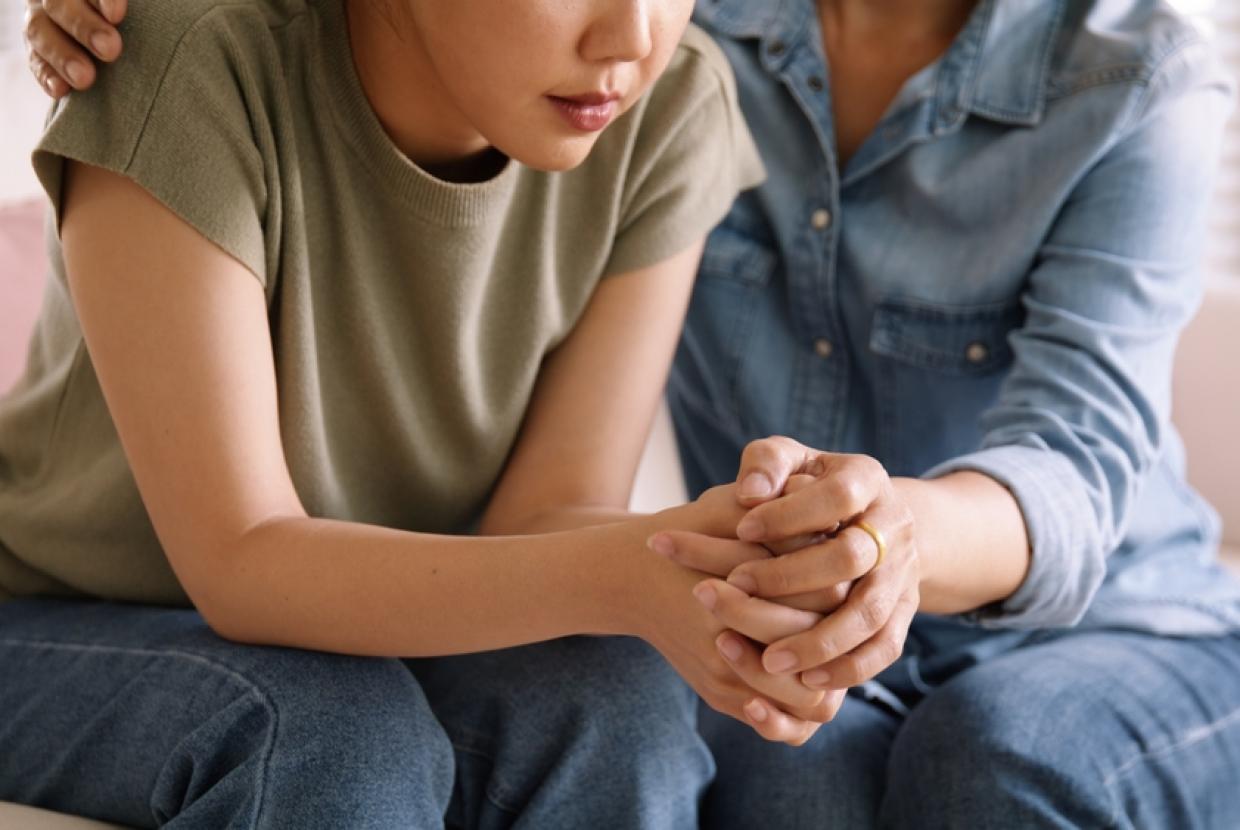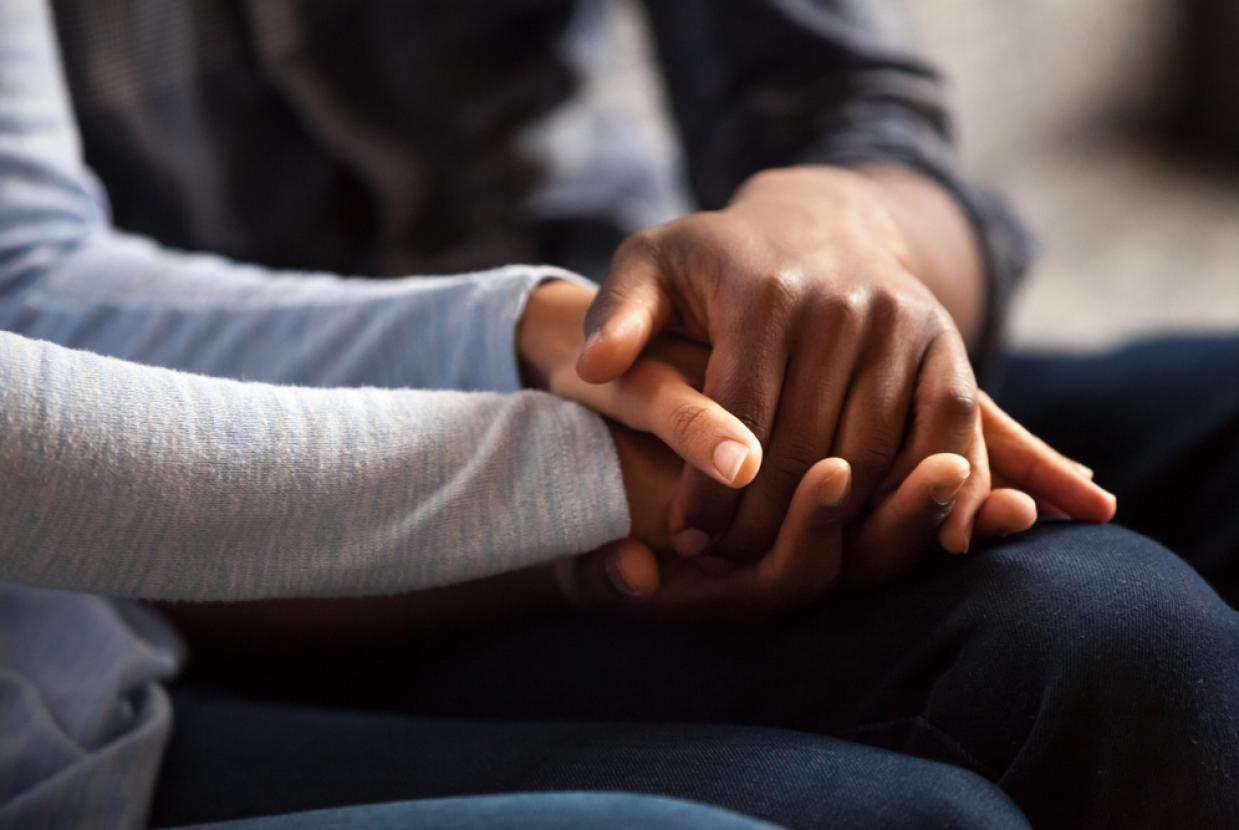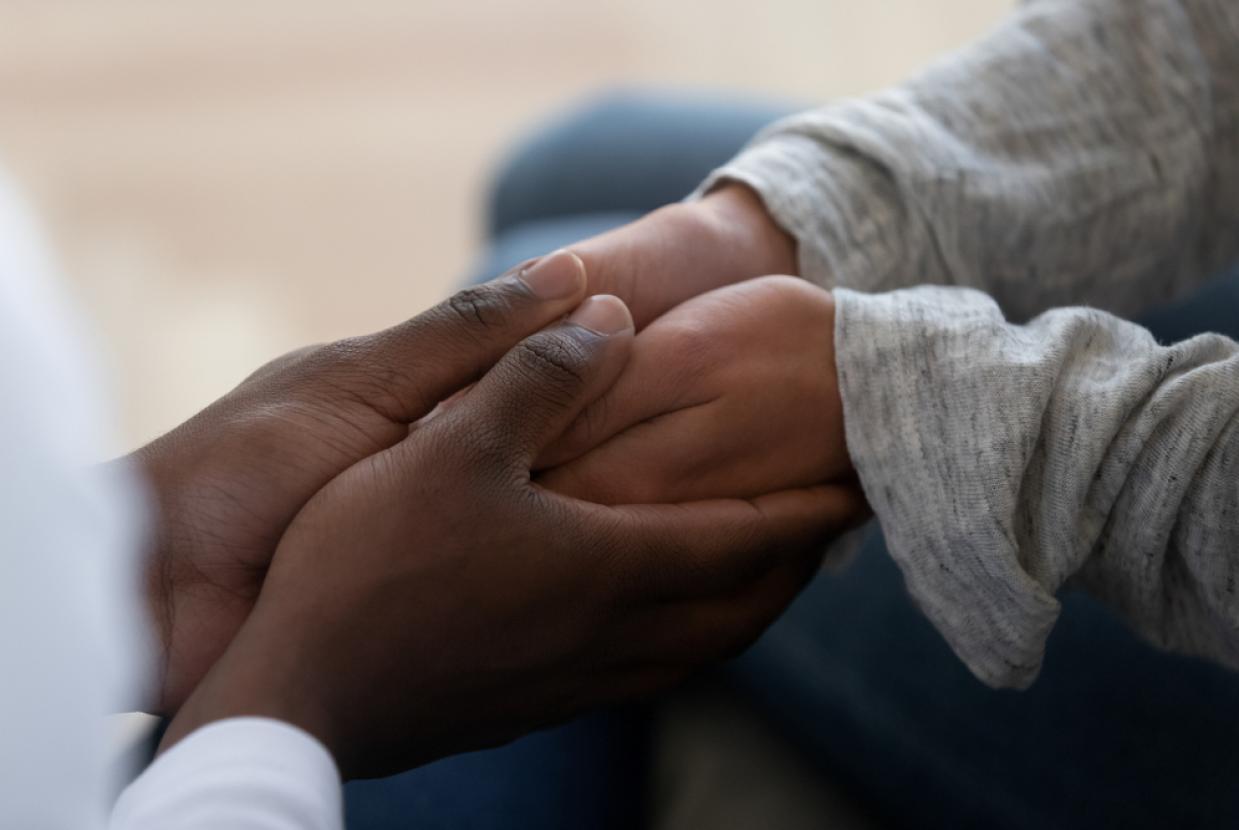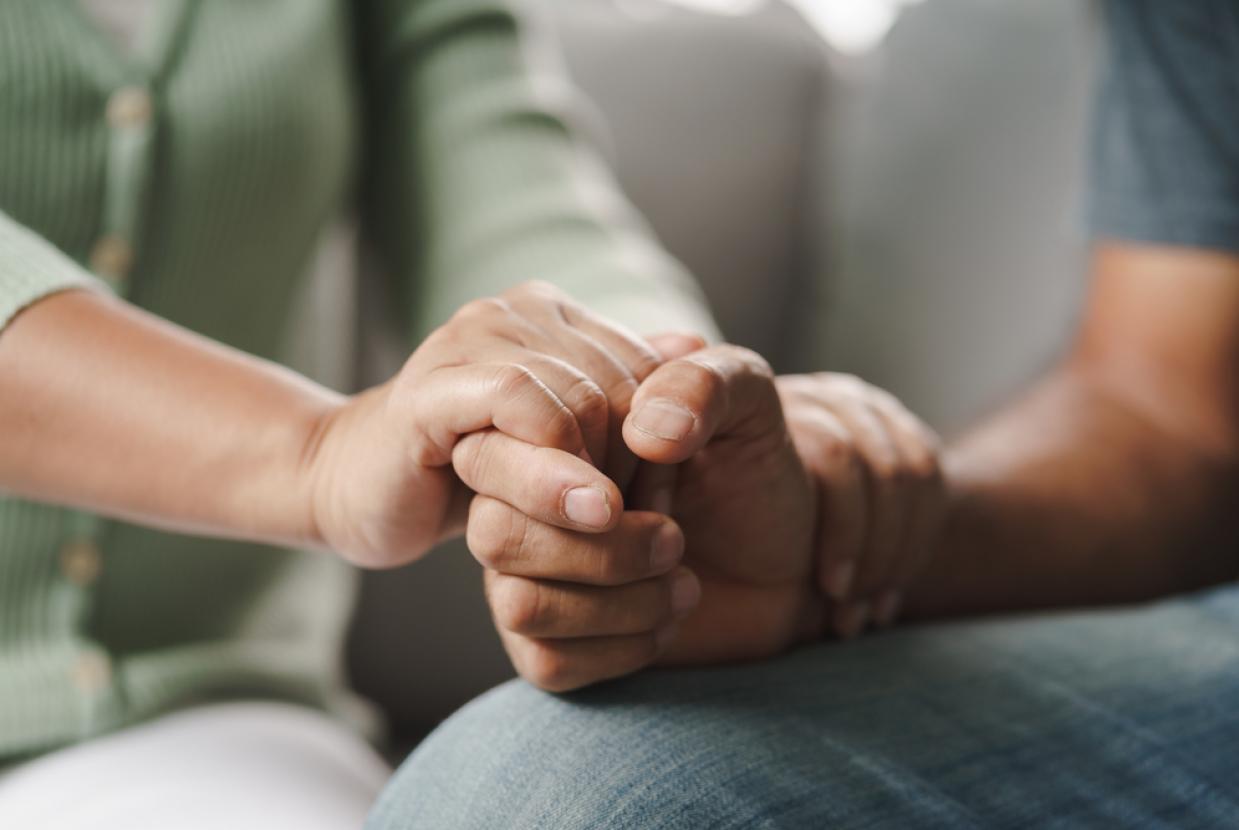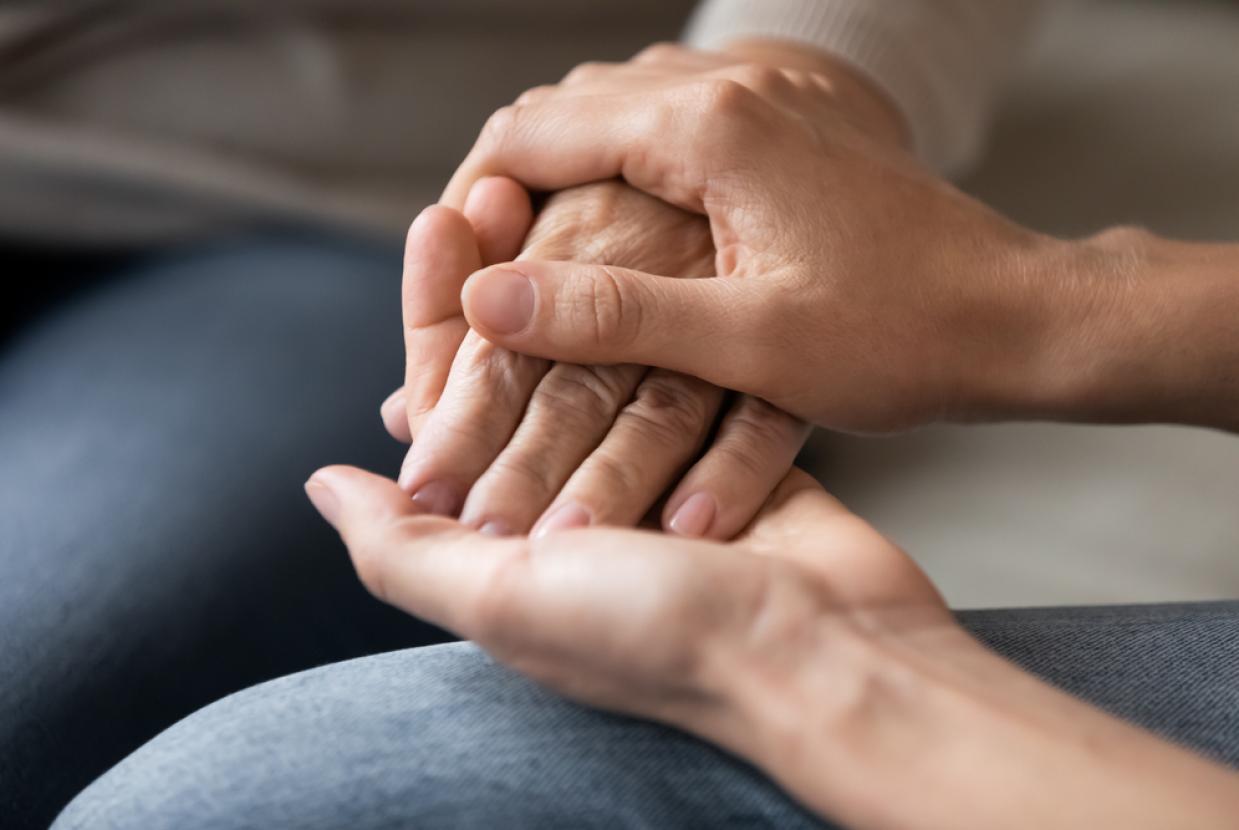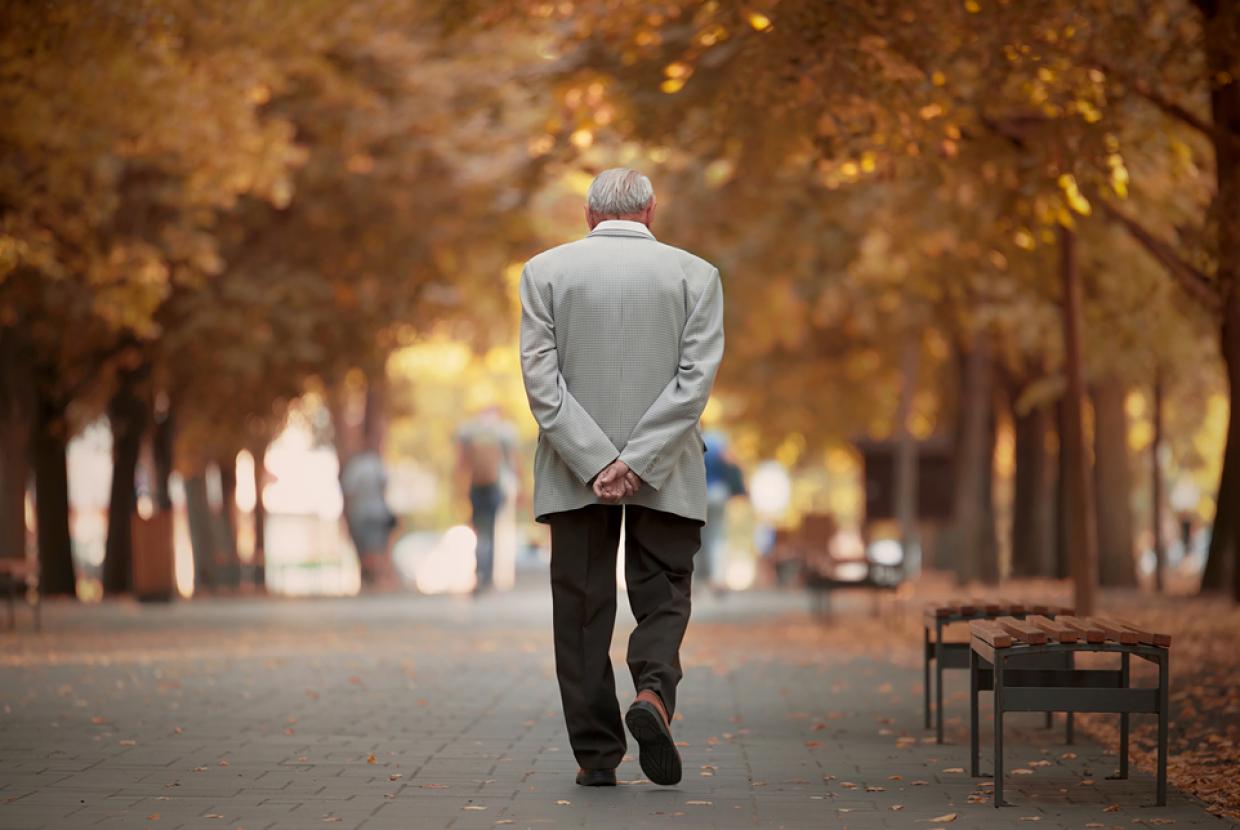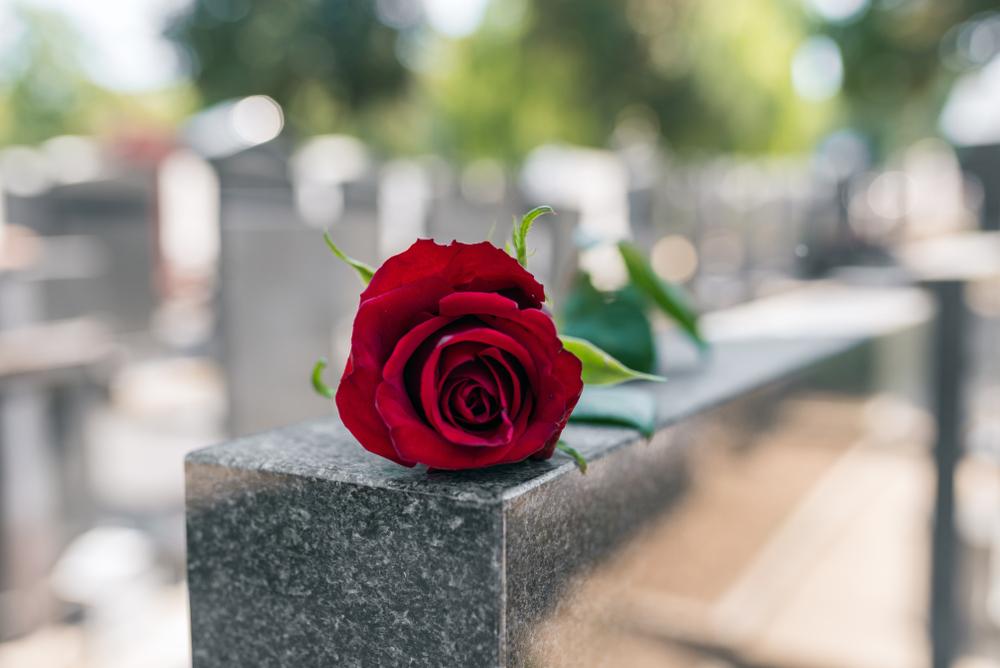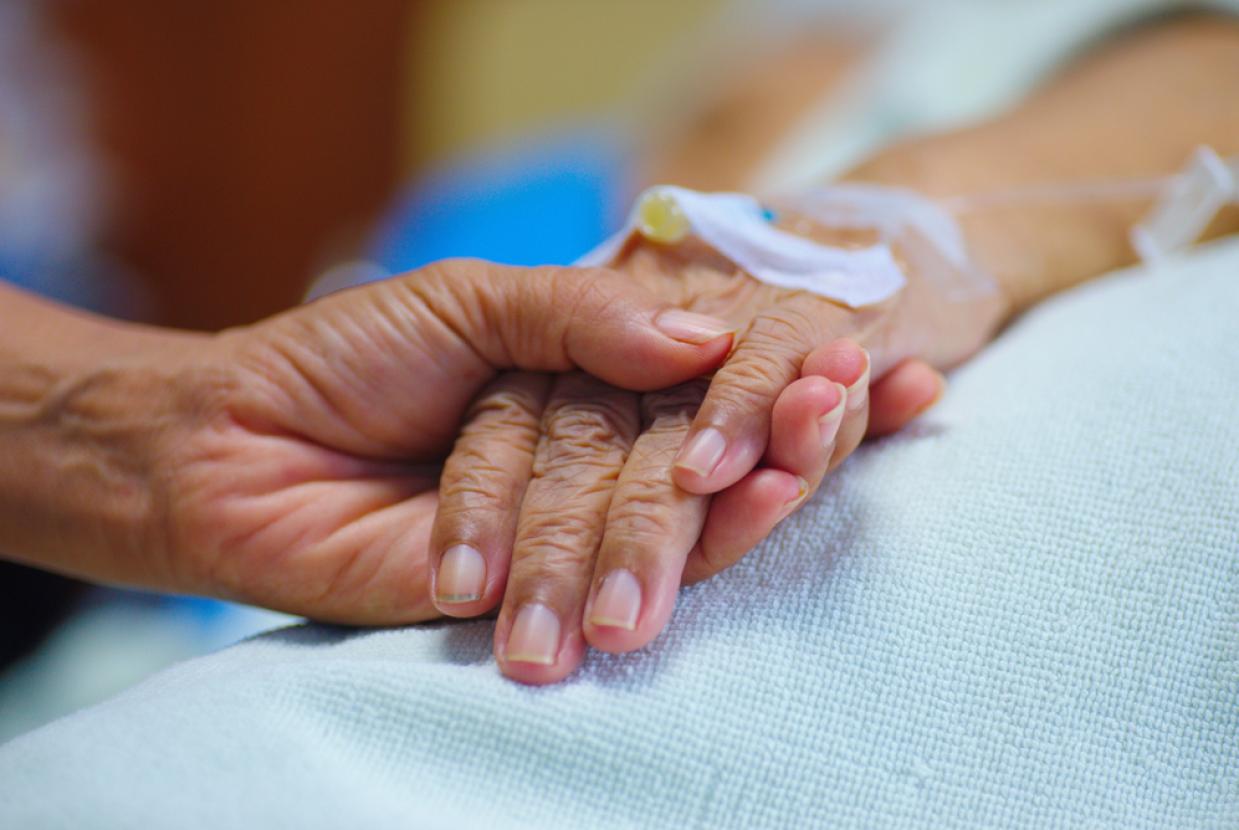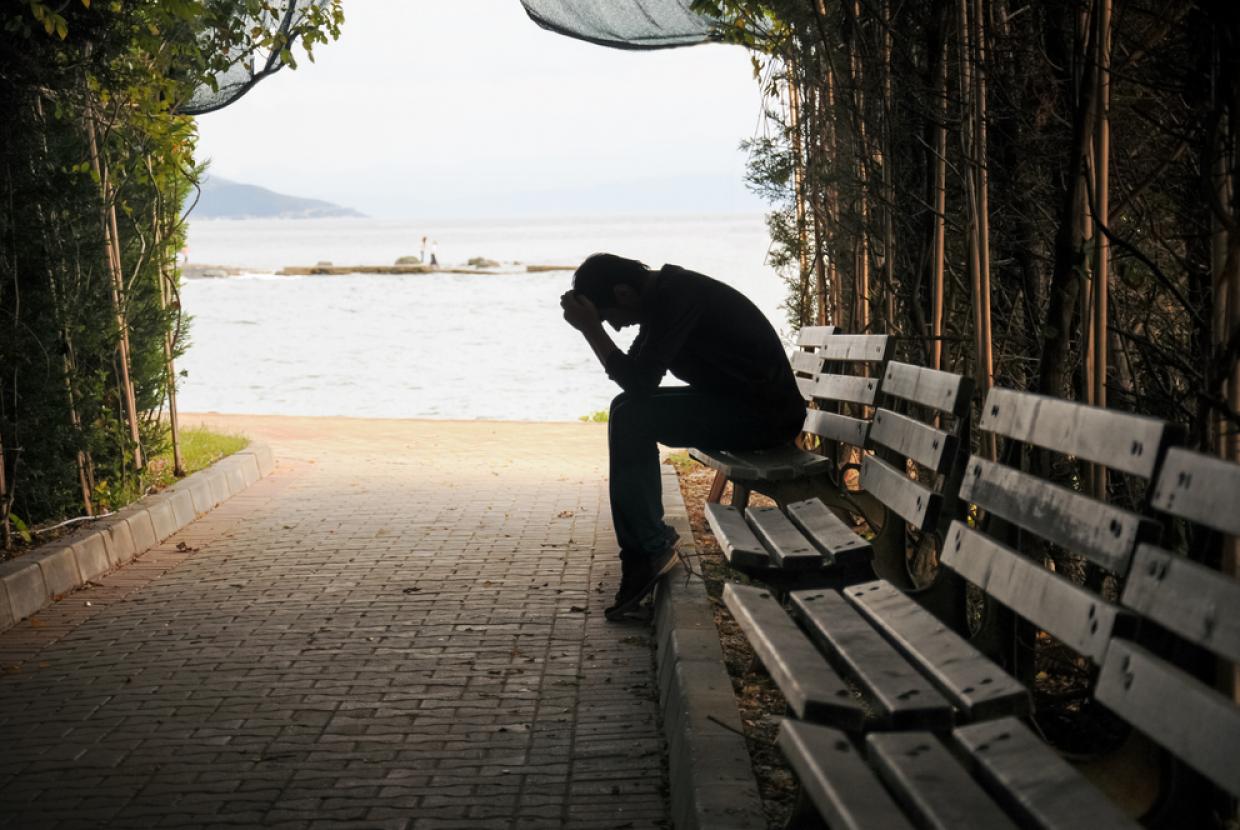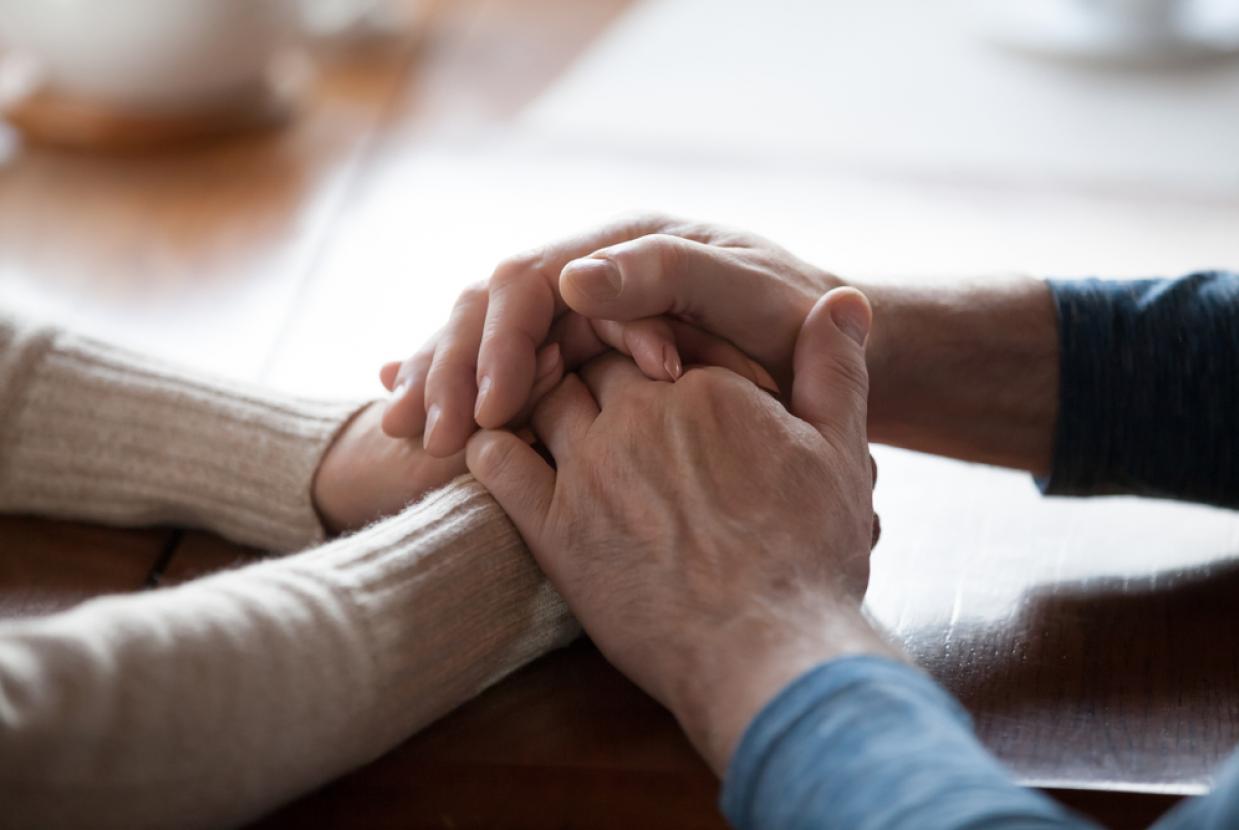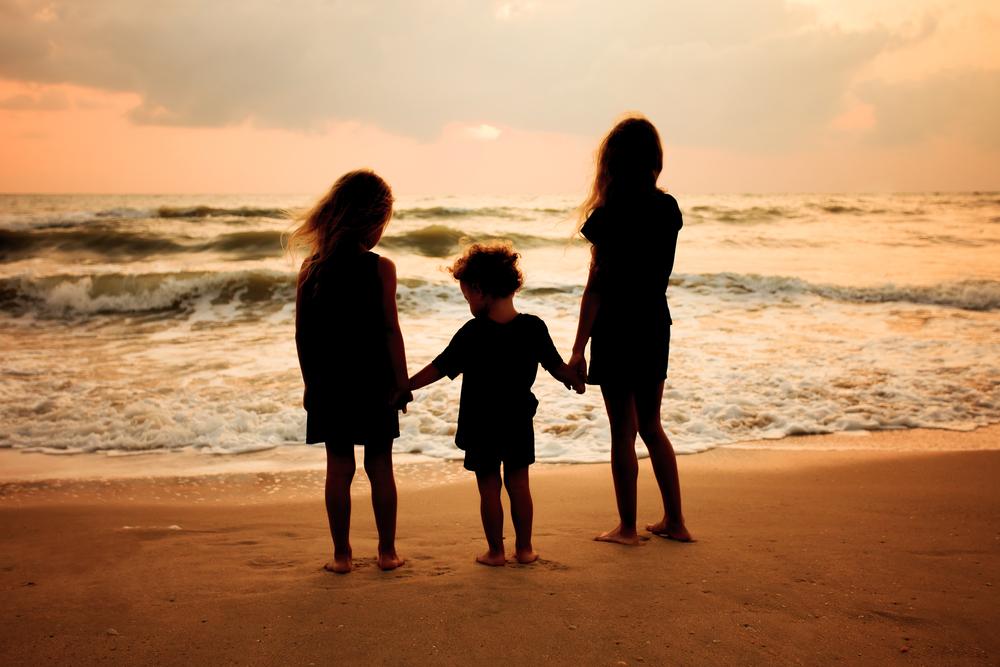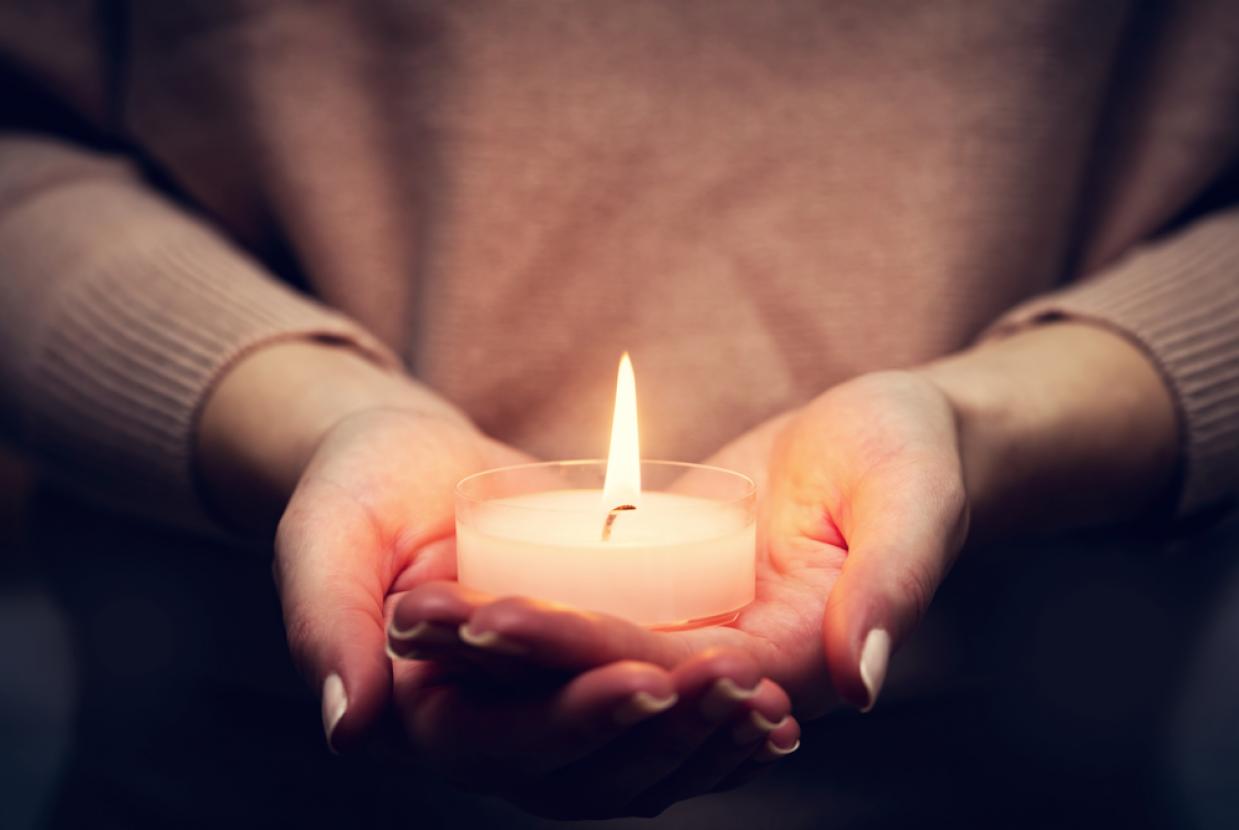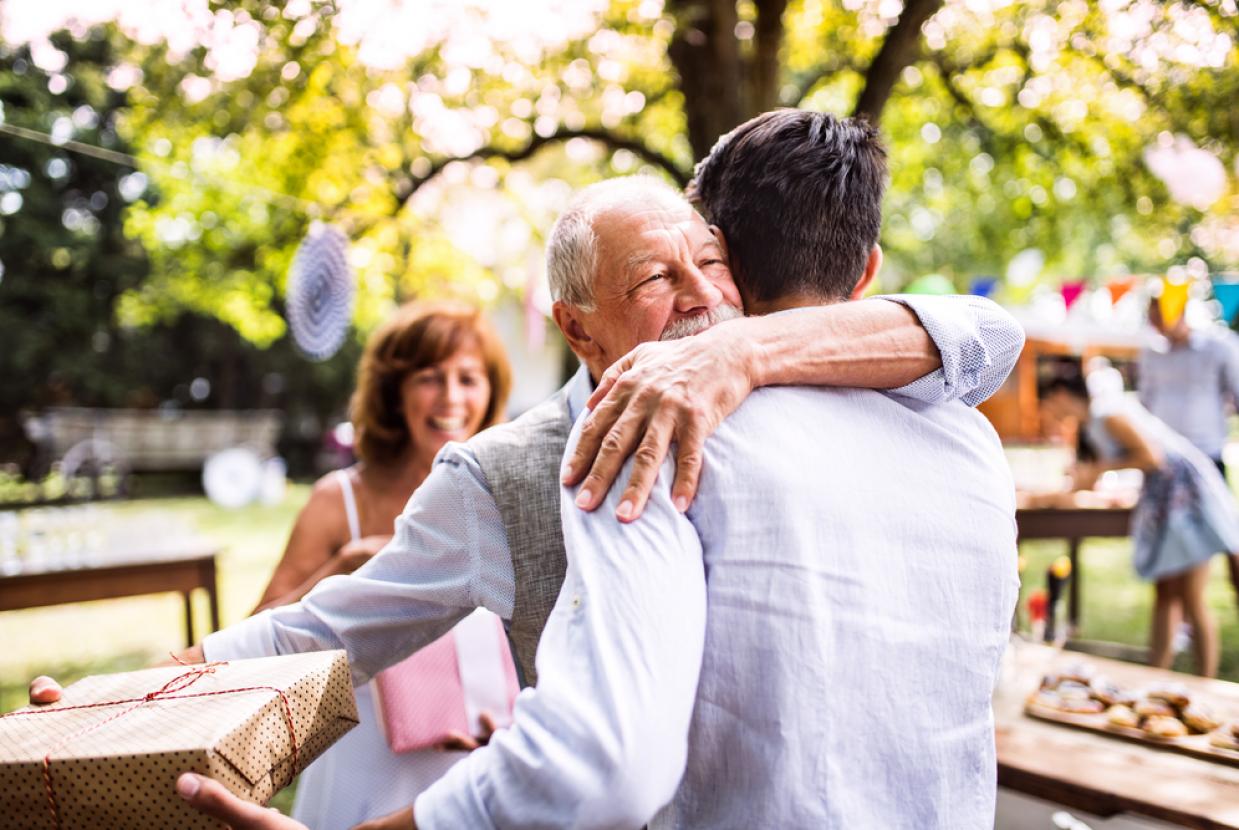5 Stages Of Grief
You might have heard of the five stages. But what are they, and does grief really follow a set timeframe?
Who developed the five stages of grief?
The five stages of grief model was developed by Elisabeth Kübler-Ross, and became famous after she published her book On Death and Dying in 1969. Kübler-Ross developed her model to describe people with terminal illness facing their own death. But it was soon adapted as a way of thinking about grief in general.
Do the five stages happen in order?
The five stages – denial, anger, bargaining, depression and acceptance – are often talked about as if they happen in order, moving from one stage to the other. You might hear people say things like ‘Oh I’ve moved on from denial and now I think I’m entering the angry stage’. But this isn’t often the case.
In fact Kübler-Ross, in her writing, makes it clear that the stages are non-linear – people can experience these aspects of grief at different times and they do not happen in one particular order. You might not experience all of the stages, and you might find feelings are quite different with different bereavements.
What are the five stages of grief?
Denial
Feeling numb is common in the early days after a bereavement. Some people at first carry on as if nothing has happened. Even if we know with our heads that someone has died it can be hard to believe that someone important is not coming back. It’s also very common to feel the presence of someone who has died, hear their voice or even see them.
Anger
Anger is a completely natural emotion, and very natural after someone dies. Death can seem cruel and unfair, especially when you feel someone has died before their time or you had plans for the future together. It’s also common to feel angry towards the person who has died, or angry at ourselves for things we did or didn’t do before their death.
Bargaining
When we are in pain, it’s sometimes hard to accept that there’s nothing we can do to change things. Bargaining is when we start to make deals with ourselves, or perhaps with God if we’re religious. We want to believe that if we act in particular ways we will feel better. It’s also common to find ourselves going over and over things that happened in the past and asking a lot of ‘what if’ questions, wishing we could go back and change things in the hope things could have turned out differently.
Depression
Sadness and longing are what we think of most often when we think about grief. This pain can be very intense and come in waves over many months or years. Life can feel like it no longer holds any meaning which can be very scary.
Acceptance
Grief comes in waves and it can feel like nothing will ever be right again. But gradually most people find that the pain eases, and it is possible to accept what has happened. We may never ‘get over’ the death of someone precious, but we can learn to live again, while keeping the memories of those we have lost close to us.



